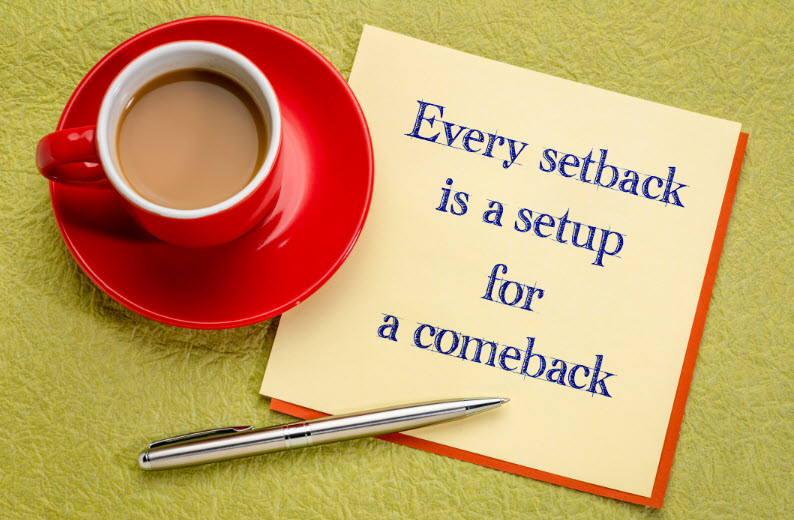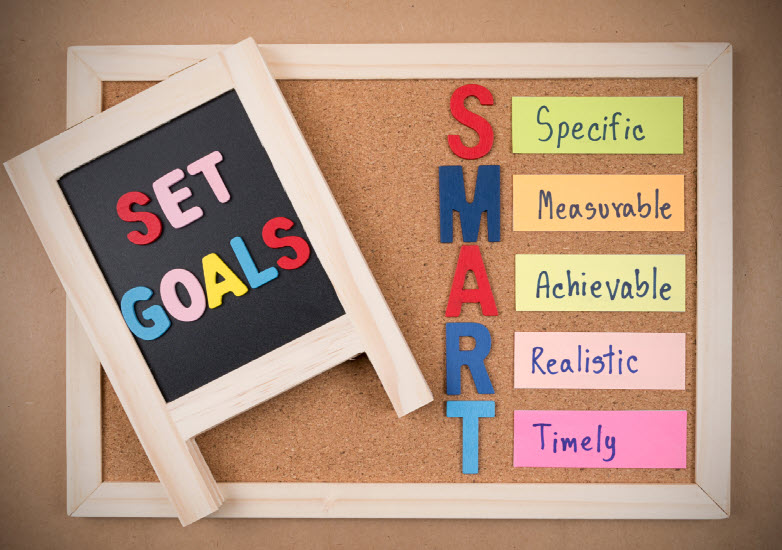
Building Resilience and Bouncing Back from Setbacks
In the grand journey of personal growth, setbacks often feel like unexpected roadblocks. It disrupts our momentum and shakes our confidence.
Trust me, I’ve been there too.
I know the sting of seeing progress halt. The frustration that follows.
Then the doubts that creep in, questioning everything you’ve worked so hard to achieve.
But here’s what I’ve learned: setbacks are not the end of the journey—they’re pivotal stops along the way.
They invite us to pause, reevaluate, and refine our approach. It often leads us toward resilience we didn’t know we had.
If you’ve ever encountered a roadblock on your journey (and we all do), this article will help.
You’ll see these moments as opportunities to strengthen your resilience, practice patience, and cultivate a positive mindset.
It will carry you forward. Whether it’s overcoming perfectionism, learning self-discipline, or simply finding the strength to keep going.
Setbacks are part of the process. Let’s get into how to navigate them with grace and determination.
1. Embracing the “Bend, Don’t Break” Mindset
Imagine a young tree in a storm. It bends with the wind, adapting to the fierce forces but refusing to break.
Resilience, I understand, is very much like that tree. It’s the ability to adapt, to sway when life’s gusts try to push us over.
We don’t have to be unyielding. We just need to be flexible enough to recover.
When faced with a setback, consider how you can bend with the challenge instead of feeling broken by it.
This is not about denying the difficulty/ It’s about acknowledging pain and disappointment. This is essential.
But it’s also about recognizing that you can adjust and continue forward.
Each setback gives us a chance to exercise resilience, a skill we only gain by facing difficult moments.
2. Reframing Setbacks as Learning Moments
One of the biggest shifts I made was seeing setbacks as “learning moments” rather than “failures.”
It wasn’t easy to make this change, but when I looked at how to deal with setbacks as signposts, they felt like guidance rather than obstacles.
These experiences offer insight into what’s working, what isn’t, and where I need to grow.
For example, there was a time I put enormous effort into a project that didn’t yield the results I’d envisioned.
Initially, I felt crushed. But after some reflection, I saw it as a powerful lesson in focusing on process over outcome.
This reframing allowed me to build a foundation for growth instead of dwelling on disappointment.
To turn setbacks into learning moments, ask yourself: What did this experience teach me? How can I use this to make smarter choices next time?
The answers can guide your next steps and provide a sense of direction, even when things feel challenging.

3. Practice Self-Compassion
On the path to personal growth, the person we’re often hardest on is ourselves.
When setbacks occur, that inner critic can amplify, piling on guilt, frustration, and a sense of failure.
Learning to silence this voice has been transformative for me, and it all began with practicing self-compassion.
Imagine talking to a friend who’s experiencing a similar setback.
Would you criticize them, or would you offer words of encouragement?
Offer yourself that same kindness.
Remind yourself that progress is not always linear, and that setbacks are a normal part of any worthwhile journey.
Self-compassion doesn’t mean ignoring your goals or not holding yourself accountable—it means giving yourself the space to make mistakes and the grace to recover.
4. Set Small, Achievable Goals to Regain Momentum
When a setback knocks the wind out of your sails, regaining momentum can feel daunting.
I’ve found that setting small, achievable goals helps build my confidence and motivates me to move forward, step by manageable step.
Similar to building a bridge one plank at a time, small goals enable us to recover gradually from setbacks.
It’s making progress without overwhelming ourselves.
Let’s say you’re trying to improve your self-discipline but missed a few days in your routine.
Instead of expecting to jump right back in, commit to just one small step.
Perhaps it’s spending five minutes on your goal today.
By lowering the stakes, we create a pathway back to progress, and soon those small steps add up to big changes.

5. Visualize Your Resilience Like a River
One metaphor I often lean on is that of a river flowing through the landscape.
A river doesn’t stop when it meets a boulder, it flows around it. It finds a path while staying true to its course.
Likewise, resilience isn’t about bulldozing through every obstacle. It’s about finding ways around them.
Adapting while remaining grounded in our intentions.
Whenever I encounter a setback, I visualize myself as that river.
I may have to change my approach, reroute my plans, or slow down, but I continue to move forward.
If a river can adjust to the landscape while keeping its destination in sight, so can we.
6. Stay Connected to Your “Why”
During setbacks, it’s easy to lose sight of why we started our journey in the first place.
But reconnecting with our “why” can be an anchor that grounds us on purpose.
Whenever I feel discouraged, I take a moment to reflect on why personal growth matters to me.
It’s about how it enriches my life, enhances my relationships, and brings me closer to my authentic self.
If you’re struggling, revisit your reason for starting this journey.
Let it rekindle the fire within you.
Remind yourself that setbacks are not a detour from your path. Instead, rather it’s a strengthening process.
It’s preparing you to handle greater challenges in the future.

7. Draw Strength from Community
There’s a saying that a problem shared is a problem halved, and I’ve found it to be true.
Setbacks often feel less daunting when we talk to someone who understands.
Whether it’s a friend, family member, or support group, sharing our experiences helps us feel less isolated and more understood.
When we connect with others, we not only gain new perspectives, but we also receive encouragement to keep going.
There’s power in knowing we’re not alone, that others have faced similar challenges and found their way through.
Consider reaching out to someone you trust or joining a community aligned with your goals.
This support can remind you of your strength, even when it’s hard to see.
Final Thoughts
Personal growth is rarely a straight line.
It’s a winding path filled with moments of triumph and times of struggle.
Setbacks may be part of this journey, but they don’t define it.
They’re simply reminders of our resilience, opportunities to learn, and invitations to grow.
Each time we face a setback and find the courage to continue, we build a stronger foundation.
So, next time you stumble, take a deep breath, remember why you started, and know that every step—no matter how small—takes you closer to the person you’re meant to become.
Embrace the journey, for it is through navigating the challenges that we discover our greatest strengths.

